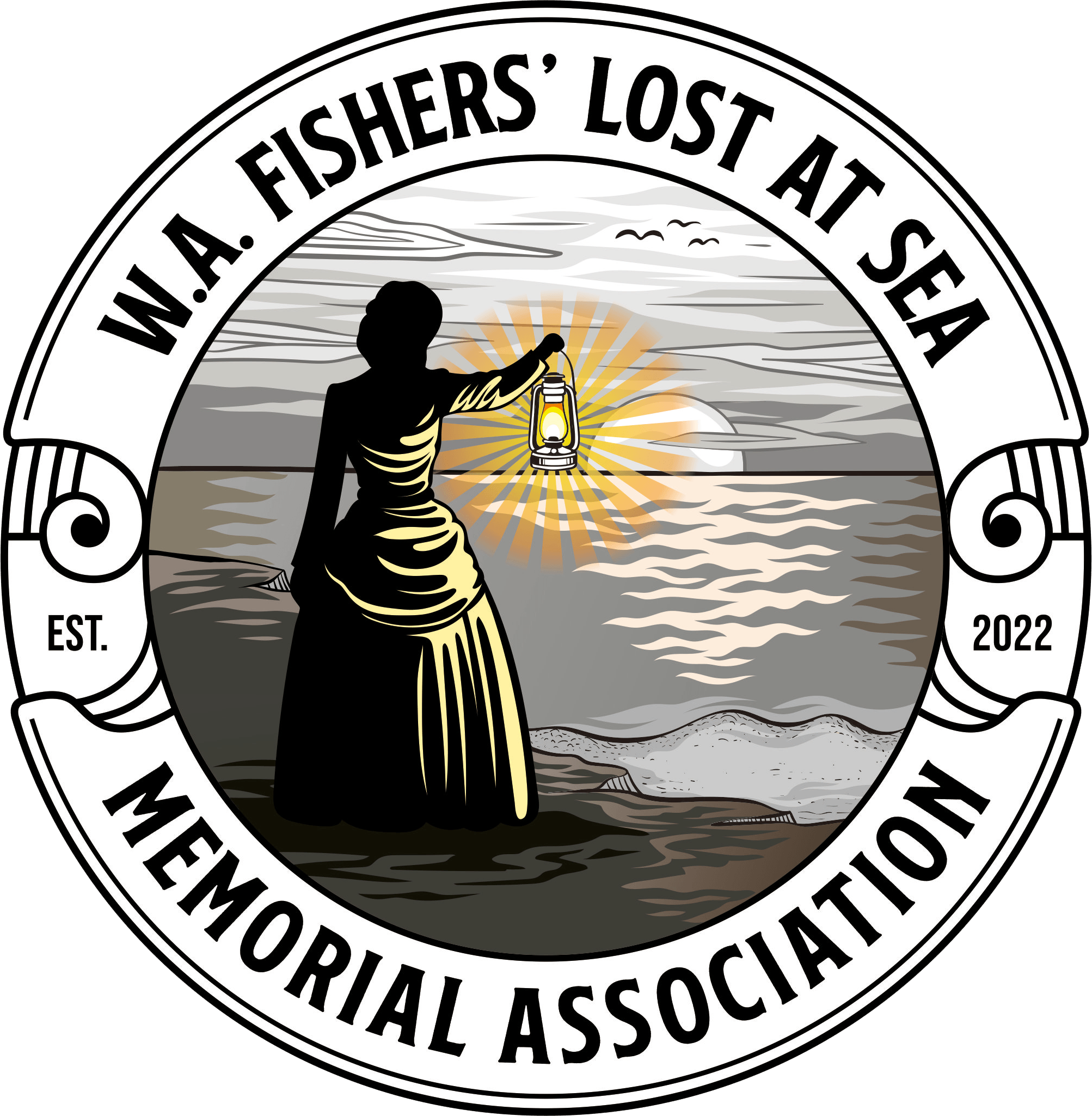Novak Family
Country of Origin: Croatia
Arrival in W.A.: 1924
W.A. Region Settled: Perth-Metro
The respective families of Spiro (snr) and Petar (snr) Novak were pioneers in both market gardening and fishing in the Fremantle area.
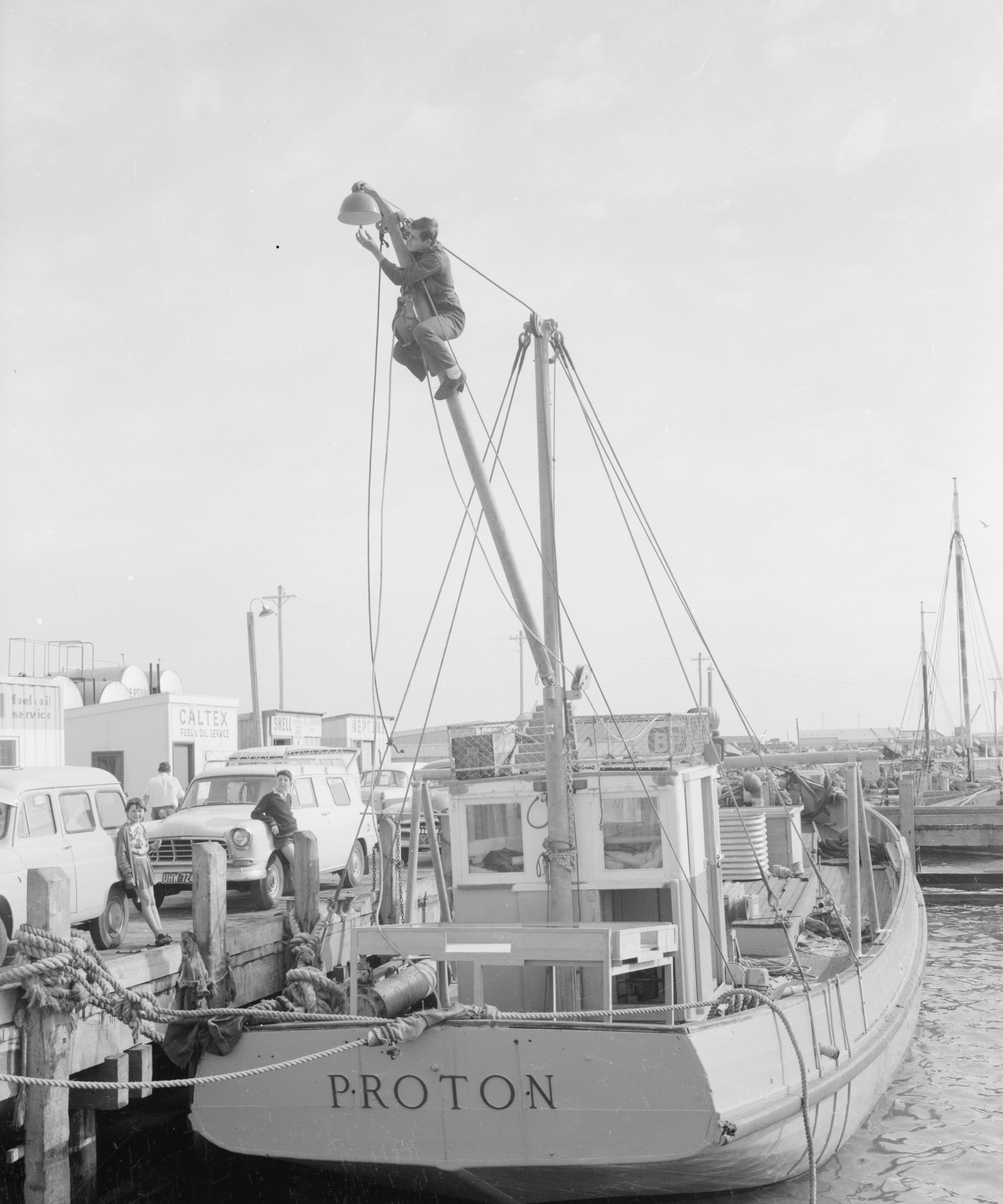
Proton
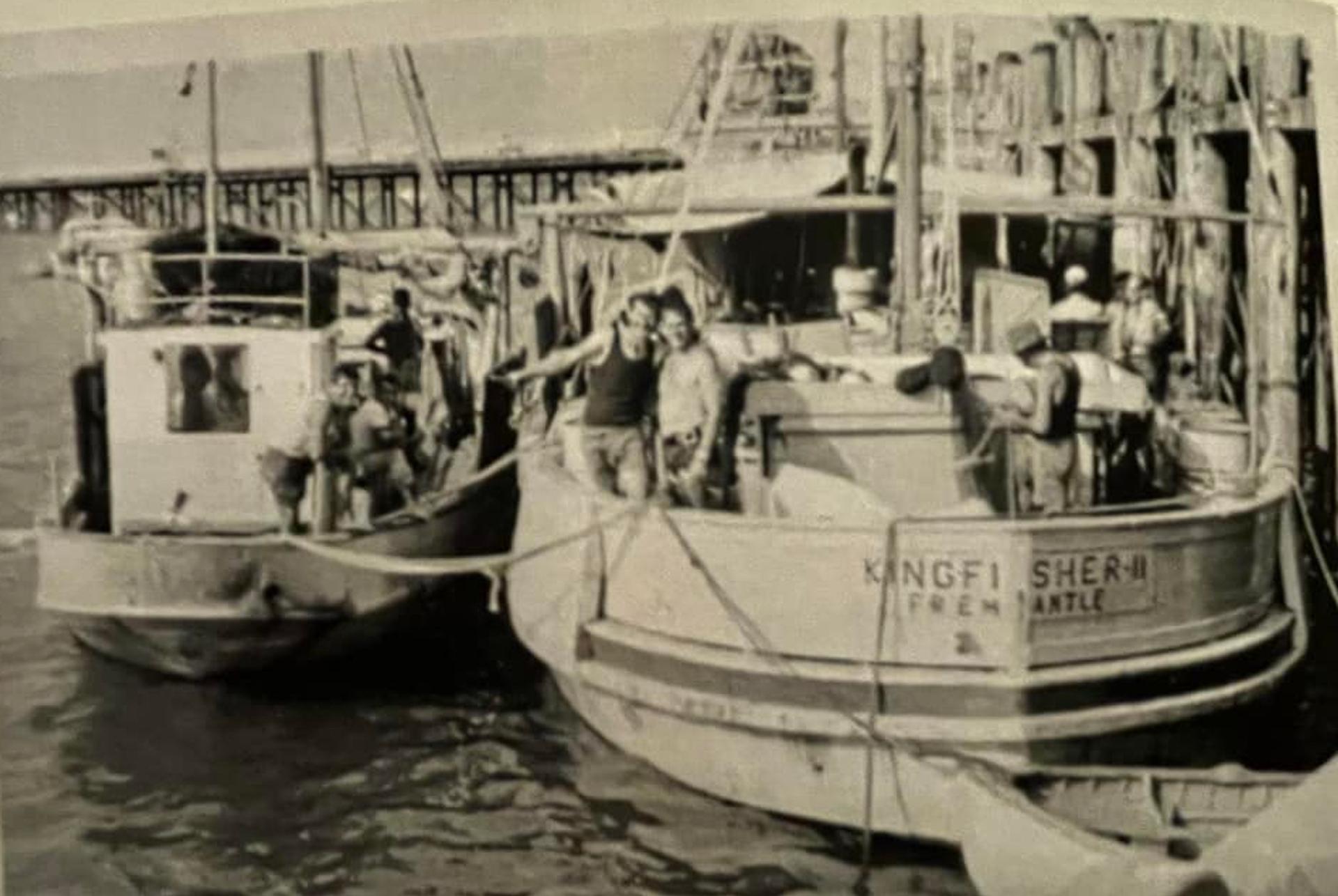
Proton and Kingfisher Darwin Harbour 1964
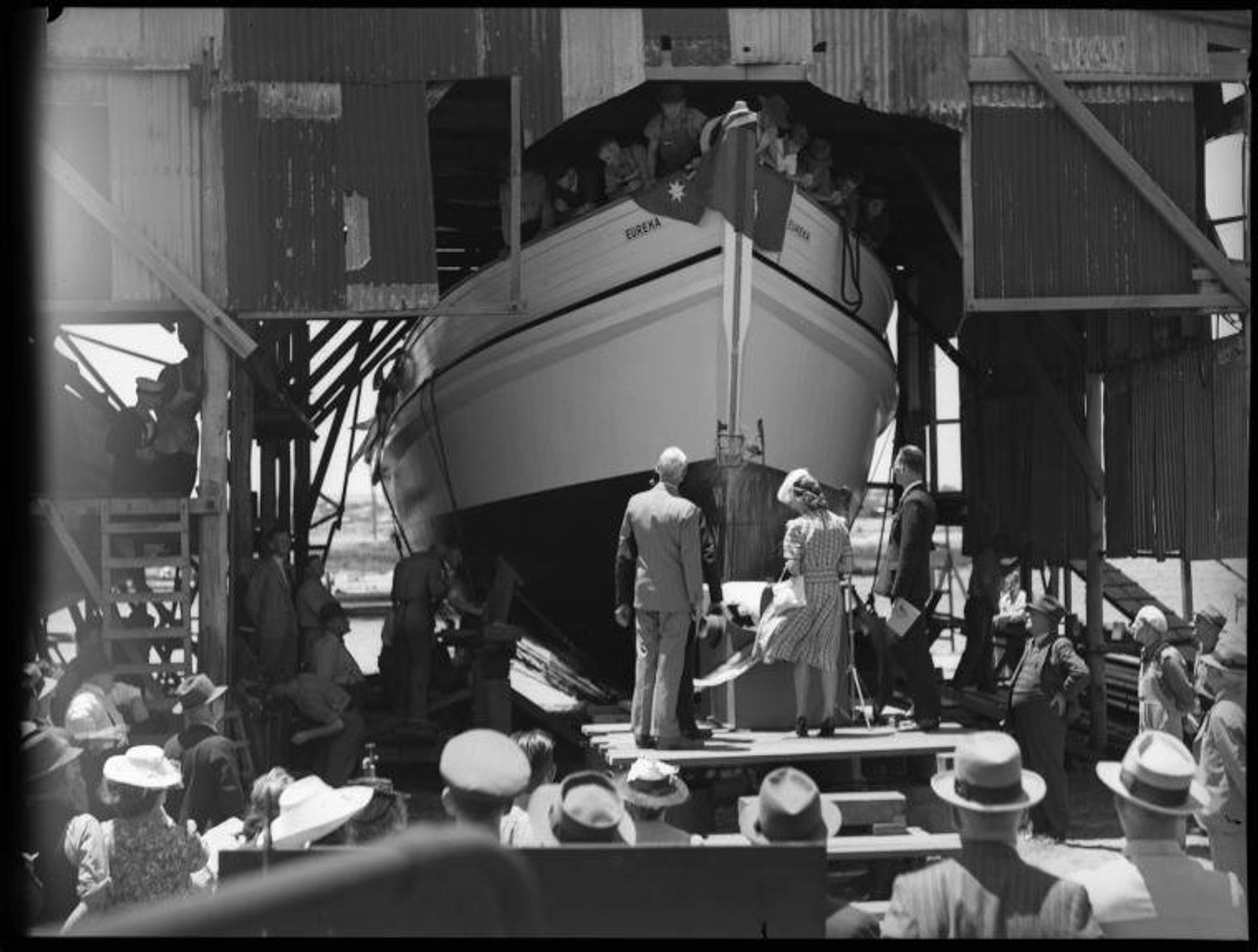
Eureka
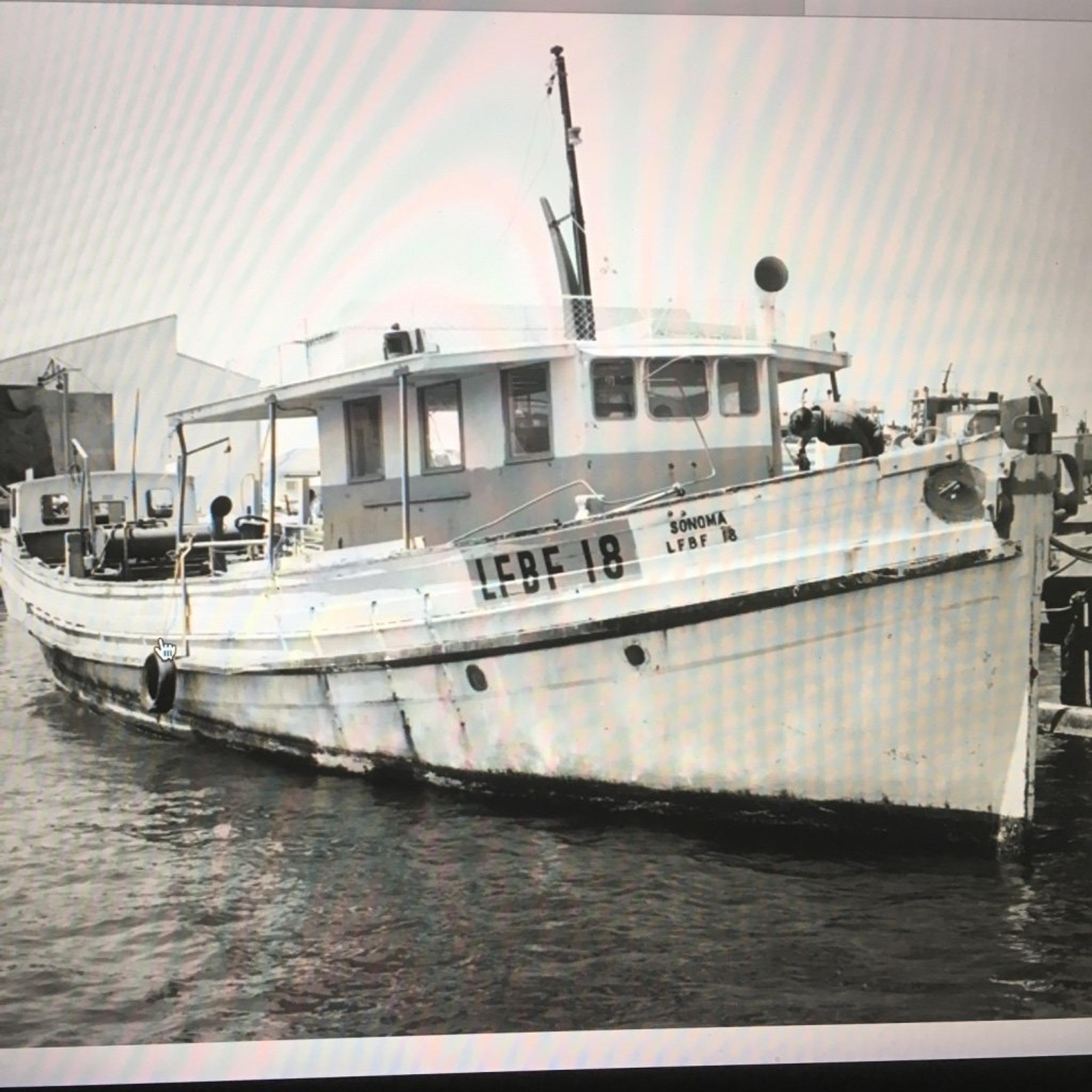
Sonoma
Being the eldest son Spiro (Snr) was required, at a very early age, to work and support his family in Vela Luka on the island of Korcula, Croatia and so was the first of his family to come to Western Australia.
In Croatia, Spiro’s father had two small cargo boats respectively named ‘Hvala Bogu’ (Thank God) and ‘Gospa od Zdravlja’ (Angel of Health) which he used to carry wine, bricks, sand any other materials along the Croatian coast. It was at this time that Spiro, as a ten-year-old, gained experience on boats, working under the supervision of his grandfather, as a deckhand on the boats while his father was involved in WW1.
Spiro (snr) migrated to Western Australia in 1924 with the intention of staying a short time, earning a little money, and then on returning home, with his earnings, buying a motor for one of the boats.
On his arrival Spiro stayed at Andy Zemunik’s for a short time and, while there became a close friend of Jack Rocchi, a South Fremantle Club footballer and the Club’s first Sandover Medallist. He also befriended many Croatian fishermen in Fremantle who advised him to go into bush clearing and sleeper cutting in the Southwest if he wanted to make money so he spent the next few years in the Harvey Brunswick area doing just that.
In 1928 Spiro bought a 3-acre plot of land in South Coogee and while working in the limestone quarries began clearing his land and making it suitable for market gardening. Typical of many Croatians developing land in the area he worked in the quarries during the week and then cleared the land in his spare time. Spiro formed a partnership in a quarry in Hilton Park with Ante Zuvela. This partnership lasted three years during which time and as partners they supplied much of the limestone for the retaining wall on the foreshore of the Swan River near where the University of WA is located.
Many changes occurred in the life of Peter Novak over the next few years. He married Katarina Separovich in 1933 and they had a daughter, Joyce, born in 1937 and a son Denis in 1944. In 1934 he sold his market garden in South Coogee and bought another plot of land in Spearwood (4.5 acres) which he again cleared and turned into a market garden in his spare time while working throughout the week in his quarry. Also, in 1937 he was joined by his brother Petar and then Petar’s wife, Vica, and son Spiro (Jnr) in 1938. They had a son Petar (Jnr) in 1940.
The two Novak families lived together for a period of three years with the two brothers working in the quarry throughout the week and in the market garden on the weekend. During this time they did some part-time fishing in the Cockburn area and sold the excess of their catch in Fremantle. Petar(snr) and his family then bought 5 acres of land in Spearwood which they developed into a market garden.
With the development of the crayfish industry, the two brothers decided to go fulltime into fishing and in 1949 formed a limited liability company - Manoperna Fishing Industries Pty. Ltd - with George Damjanovic-Napoleon, Ivan Barney Percich, Marko Separovich, Carlo Miragliotta and Emmanual Andrea Manolas (the boatbuilder) with solicitor Slavko Marian (the secretary). The company built a fishing vessel the Proton which was launched on November 29, 1949. Excerpts from an article in the West Australian on November 30 are as follows:
“The launching of the fishing vessel Proton at North Fremantle yesterday from the yards of Emmanuel Andrea Manolas marked another stage in the development of the State’s deep-sea fishing industry. An auxiliary ketch, 62 feet long with a breadth of 16.5 feet and a draught of 7 feet when loaded…….
The vessel and gear, both of which are fully paid for are valued at 14000 pounds ($28000). The skipper will be Carlo Miragliotta. Fishing will be carried out between Fremantle and Geraldton during the crayfish season and later between Geraldton and Onslow for other fish…….” The Western Australian, New Vessel Launched, Wed., Nov. 30, 1940.
The fulltime involvement of the Novak brothers in fishing industry led to the dissolution of the partnership between Spiro (snr) and Ante Zuvela and also for the need for their respective families to run their market gardens.
The Proton operated at Cervantes during the crayfish season (November to March) where it was used both as a ‘catcher’ and ‘processing’ boat (one of the first boats to have a processing license) and then after a break of one month it was taken up to Shark Bay for the schnapper and dhufish season. The advantage of a freezer boat was that up to 15 ton of fish (crayfish or schnapper/ dhufish) could be processed or caught before the need arose to leave the fishing grounds to sell the catch.
In 1953 the Proton was one of four boats (the others were the Kingfisher, Eureka and Sonoma) that, on behalf the Department of Fisheries, did an exploratory survey lasting 6 weeks, of the Montebello Islands to ascertain the potential of the region regarding fishing.
The original partnership formed in the building and commissioning of the ‘Proton’ was dissolved after 3 years (1953), with Peter (Snr) continuing with the family interest in market gardening and Spiro (Snr) forming a new partnership with Carlo Miragliotta, Tomba and Joe Sidoti in the boat. This partnership continued for 9 years during which time it had purchased the Kingfisher (a 68-footer – 20.7m) and the Wendy (a 60-footer –18.3m).
The fishing tradition of the Novak family which started with the involvement of Spiro (Snr) and Peter (Snr) continued over a forty-year period. Peter (Snr), even after his withdrawal from the partnership with the Proton continued fishing for many years. In addition, the respective sons of Spiro (Snr) and Peter (Snr), Denis and Peter (Jnr) worked in the fishing industry. Denis fished for 15 years, and Peter (Jnr) became a boat builder and, working part- time, was involved in the building of Australia II and IV and also the Endeavour. During this time, he was also working in his family’s market garden.
The Novak families certainly made a major contribution to fishing industry in Western Australia particularly post 1950.
Story Contributors
Tony Parentich
James Paratore
